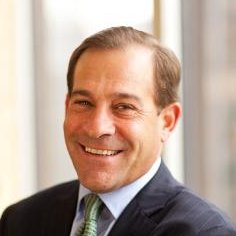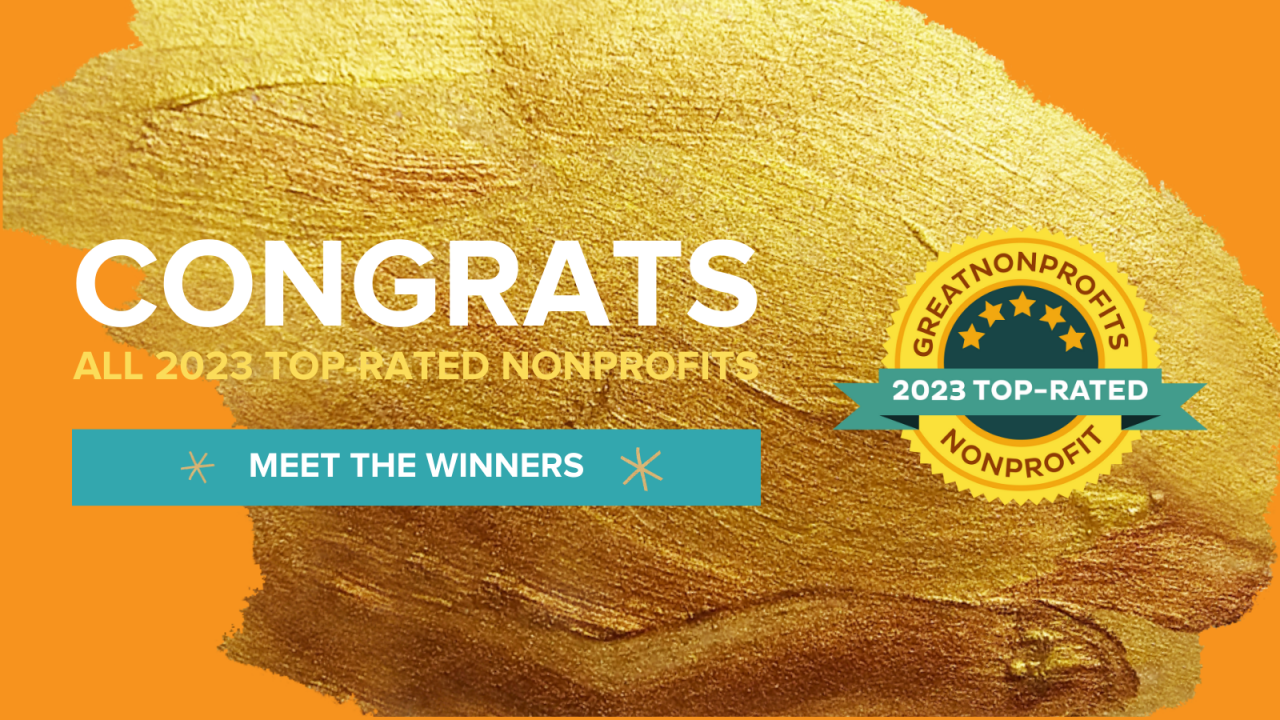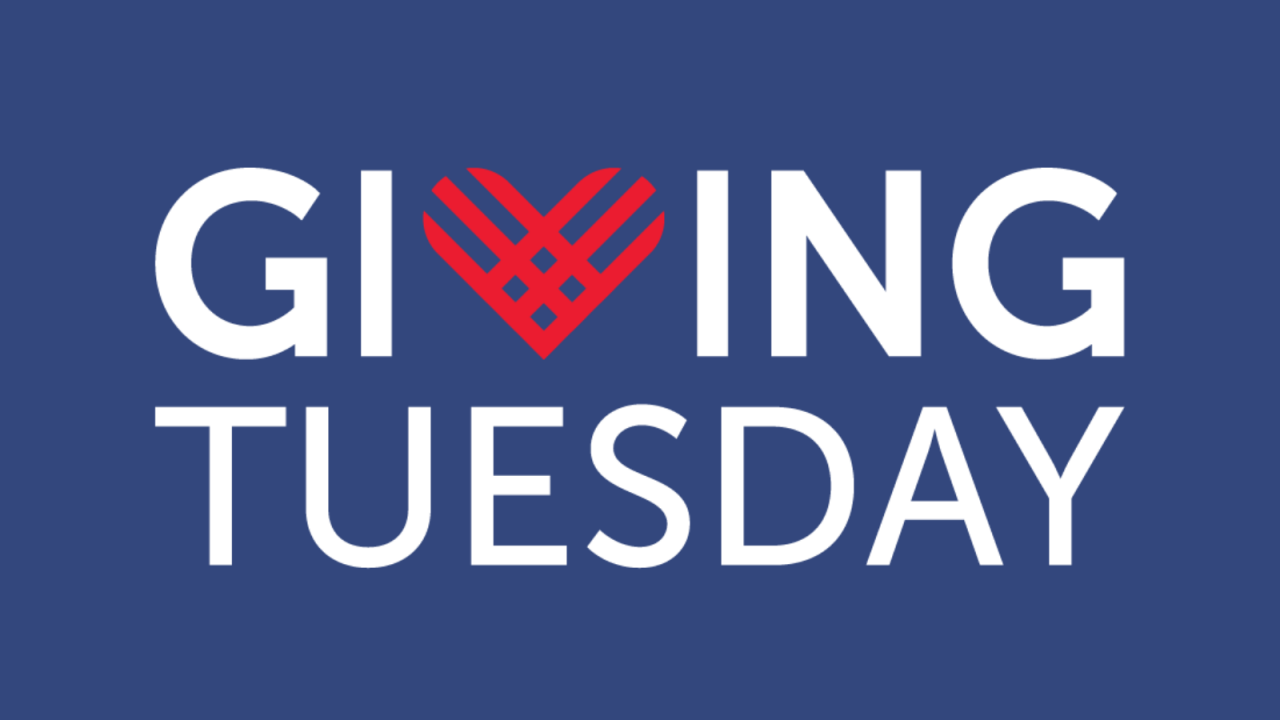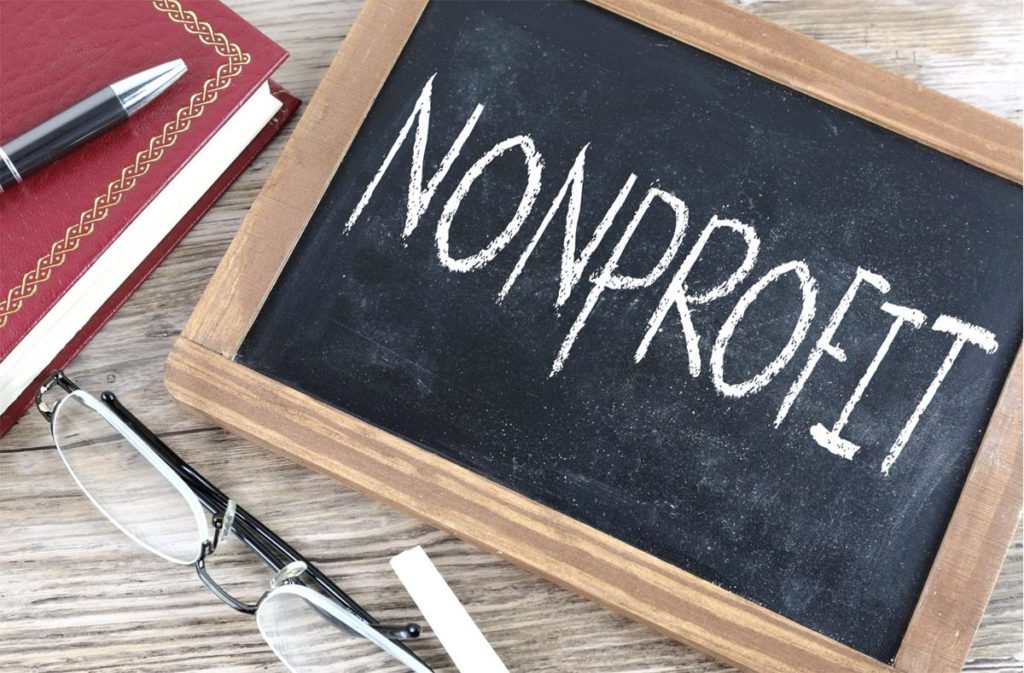Glen Macdonald of the Wealth & Giving Forum on the Evolution of Philanthropy
Welcome to Inspiration Break, a series of interviews with nonprofit thought leaders.
For our first interview, we talked to Glen Macdonald, the co-founder and chairman of the Wealth & Giving Forum. The Wealth & Giving Forum promotes greater generosity through private events, programs, and publications that bring people of significant means together to reflect on how to best allocate their wealth.
What prompted you to found the Wealth & Giving Forum? A longstanding personal interest in solving social challenges, alleviating suffering, helping the less fortunate, and advancing a more inclusive and humane society.
The Forum was founded in 2003 with the belief that:
- Individuals and families “under give” relative to their true capacity and aspirations.
- Practicing and emerging philanthropists are an untapped source of wisdom and insight on wealth allocation, finding a purpose for one’s wealth, and effective philanthropy and socially-oriented investing.
- Gatherings that are safe, intimate and inspiring afford individuals the opportunity for a meaningful exchange of ideas and experiences and will encourage greater and more effective deployment of capital toward good causes.
How has philanthropy changed since the early 2000s? It’s become more pervasive and more exciting but also much more complex.
There has been an extraordinary proliferation of options both with respect to the number of issues and causes and the types of charitable vehicles and investment opportunities available to donors and investors. And the geographic scope is much more expansive — indeed, it is now truly global.
There has also been a proliferation of knowledge sharing and resources like GreatNonprofits and convening organizations for donors and investors to explore their options and learn from their peers and practitioners.
As a result, philanthropists are becoming more discerning and strategic. While this may lengthen the decision process about what to do and how to do it, ultimately we can expect better outcomes and returns on the dollars donated or invested.
Where do you think philanthropy is going in future years? We are still early in an innovation cycle that started some decades ago where philanthropy and socially innovative investing are now readily accepted as part of a unified continuum.
In the past five years or so, we’ve seen more exploration of social impact bonds and pay-for-success programs, and the maturation and logical extension of mission-related investing that was pioneered by the FB Herron Foundation and others.
That will continue with institutional nonprofits, private philanthropists, investment firms and the public authorities increasingly working side by side. Philanthropists will no longer be able to ignore impact-investing opportunities when seeking to address a social or environmental issue.
Impact funds are achieving measurable results without sacrificing returns and the evidence that ESG investing is actually smart investing from a financial return is increasing every day. Nonetheless, classic charitable donations and grant making with continue for a long time, not only because old habits die hard, but because they remain a critical part of the mix, especially for certain kinds of issues, such as education, disaster relief and family crisis intervention.
One other trend that is sure to accelerate is the advancement of hybrid business models where nonprofit and for-profit models co-exist and are mutually reinforcing with respect to social outcomes and enterprise economics.
In sum, the future of philanthropy, writ large, is both promising and exciting.
How is this new generation of young wealthy givers different from its predecessors? They are more entrepreneurial, creative, real-time actors, and outcome-driven with a focus on sustainable models and transformative impact. That said, Andre Carnegie had all of those qualities plus great vision to boot.
Surely, young givers lever technology better to communicate, scale their initiatives and advance their work. Scott Harrison of charity: water, whose wealth is in his passion, ingenuity and inspiring leadership rather than dollars in the bank, is one example among many.
What do affluent donors look for in a nonprofit? How can nonprofits make themselves more attractive to donors? Stories, stories and stories told with authenticity and inspiration coupled with measurable goals and achievements. Leadership and great people are everything! Philanthropists invest in people more than they do a great idea.
When engaging with donors, find out what they are about and find the link between their aspirations and the organization’s mission. The hard sell doesn’t work.
What are your proudest moments in the history of the Wealth & Giving Forum?
- When a young woman of inherited wealth who had attended one of our gatherings wrote me a letter a year later to share with me that the experience was the most transformative one of her life. She went on to let me know that following our event, she decided to launch a retail store in Atlanta that employs traditionally excluded women and donates its profits to under-privileged women and children in the city. Over the years, we received many such letters about how our gatherings catalyzed new and exciting endeavors.
- Scott Harrison, founder of charity:water met philanthropist Philip Berber, Co-Chair of A Glimmer of Hope at a Forum gathering in 2007. Scott had just founded the organization and had one well built and $90,000 in the organization’s account. Scott and Phillip formed a partnership that raised $10 million to bring clean water wells to Ethiopia and other parts of Africa.
- The Forum has been invited to bring its unique form of philanthropy content and programming to President Havel’s Forum 2000 conferences in Prague, Forbes family wealth conferences, Big Path’s Capital Impact Investing Summit, Barron’s Penta magazine annual philanthropy features, and Tocqueville Foundation’s initiatives to promote philanthropy in France.
- When His Excellency Vaclav Havel of the Czech Republic told us that:
“You are to be congratulated for bringing to life the noble concept and work of the Wealth & Giving Forum.”
We hear you’re a wine lover. What wines would you recommend after a long day of work advancing private philanthropy? The wine that suits the food, the mood and the weather conditions. Every wine has a purpose. Every occasion and meal has a wine that pairs well with it.
That said, I am partial to French and Italian wines for their complexities and finesse. I tend to shy away from fruit-driven, high alcohol and over-oaked wines. My most frequented go-to wines: a Cru Bourgeois Medoc, a Saint Emilion, a Loire Valley Saumur-Champigny (uncommon charm), or a Chambolle-Musigny or Pommard from Burgundy, if I can afford them!
Keep your eye out for more inspiration breaks and tell us who you’d like to hear from next!





















